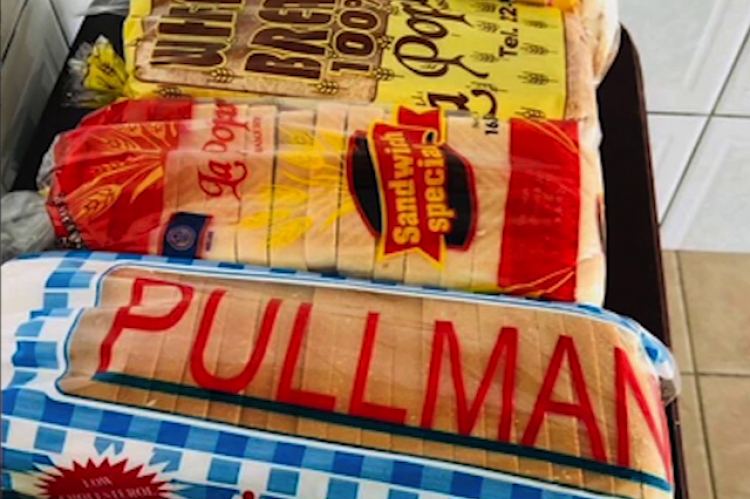Belize Bread Crisis: Rising Costs and Calls for Government Action
By Omar Silva, Editor National Perspective Belize (DIGITAL EDITION)
Belize City: Monday, 4th December 2023
The cost of living in Belize has reached an alarming level, and it seems that almost every essential item on the grocery list is out of reach for the average Belizean household. The price of bread, a staple in all homes, is about to soar even higher, leaving both consumers and bakers caught in a difficult situation. However, the root causes of this issue extend far beyond the bakeries and into the complex web of global trade and economic policies.
Belize, a country that does not produce wheat locally, faces the challenge of importing wheat and flour from neighboring countries. This reliance on imported raw materials, combined with taxes and duties, drives up production costs for domestic industries, including the baking industry. Archer Daniels Midlands, the owner of Belize Flour Mills, finds itself producing flour for domestic consumption at a high cost, forcing local bakers into a dilemma.
The consequences of these high production costs are felt most keenly by poor consumers. The price of a pound of tortillas has reached a staggering $2.50, with each tortilla paper-thin and hardly sufficient to feed a family of four. Meanwhile, the costs of meat, chicken, and even basic food items like Ramen soup have skyrocketed, making them unaffordable for many poverty stricken Belizeans. It's an issue that goes beyond mere inconvenience – it's a matter of survival for the people of Belize.
Agriculture, once a source of sustenance, has become a victim of circumstances beyond its control. Factors such as droughts, pesticide use, herbicides, and fertilizer costs have all contributed to the escalating prices of locally produced goods. The blame game might point fingers at various factors, but the real issue lies in the lack of comprehensive solutions.
The collective baking industry in Belize has been wrestling with these challenges for months. They've reached out to the Ministry of Agriculture and Supplies Control Unit multiple times, but their concerns have largely fallen on deaf ears. The rising costs of raw ingredients, including flour, shortening and yeast, as well as price-controlled items like sugar, continue to squeeze their profit margins. The cost of packaging materials, butane, diesel, and the increasing minimum wage and Social Security contributions further exacerbate their financial burden.
As a result of these mounting challenges, bakers have made the difficult decision to increase the price of a 16-ounce pack of sliced bread to $2.50 at retail, with a wholesale price of $2.25. This 75-cent increase is seen as a necessary step to reflect the grim economic reality facing the industry. While bakers apologize for any inconvenience caused, they insist that this price adjustment is long overdue.
The Ministry of Agriculture had previously offered subsidies on items used in bread production, but these subsidies ran out in December, leaving bakeries struggling to keep up with inflation caused by international pressures.
In light of these pressing issues, it is imperative for the government of Belize to step in and take action. The current situation is a result of a complex interplay of factors, including global economic trends, trade policies, and domestic challenges. Addressing this crisis requires a multifaceted approach that includes subsidies for essential ingredients, trade policy reforms, and support for domestic industries.
The time has come for Belizeans to unite in demanding a comprehensive solution that ensures the affordability of basic necessities. The government must recognize that the people are bearing the brunt of this crisis, and it's their duty to intervene and implement measures that alleviate the burden on the common Belizean household. The current state of affairs is not sustainable, and it's time for a transformational change that benefits all citizens, not just a select few.
- Log in to post comments

